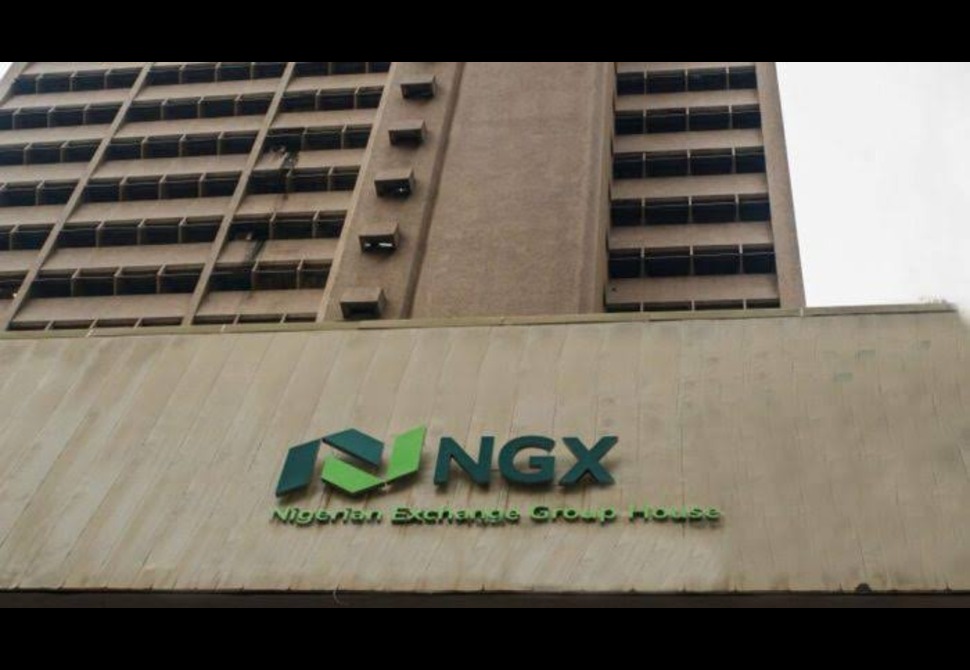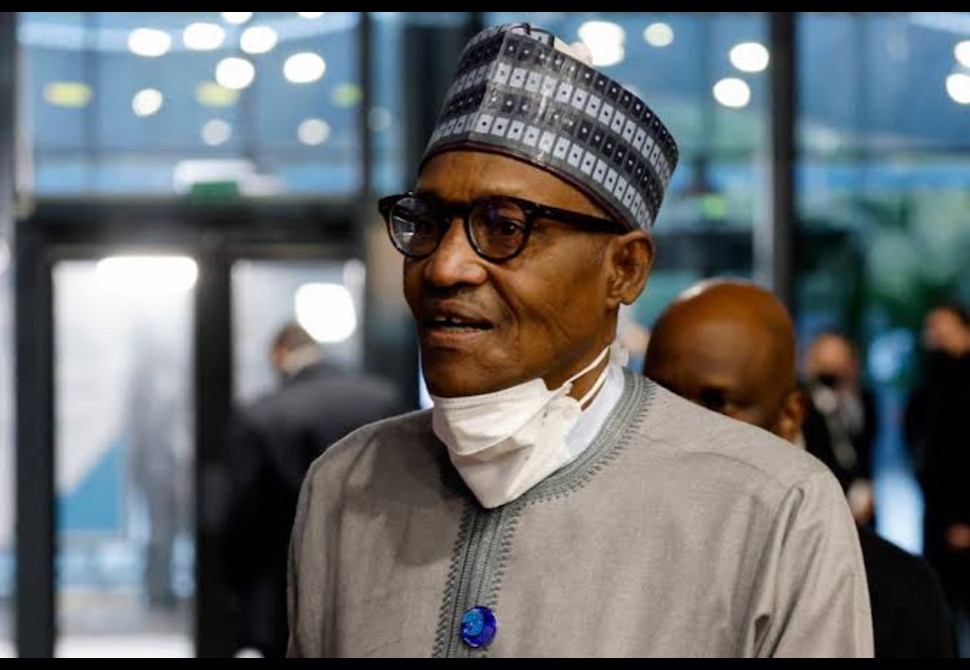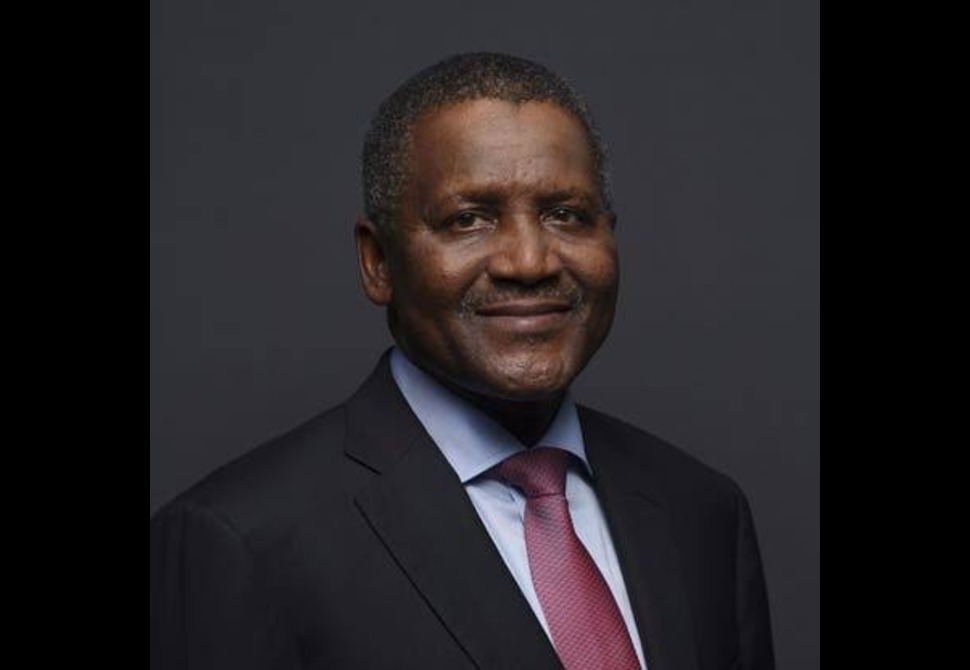
NGX Records N400 Billion Rise as Investors Get More Confident in the Market
On July 29, 2025, the NGX ends on a very high note, with a market capitalization rise of N400 billion. Investors were more interested in crucial shares, which made demand go up. Both institutional and retail investors are more hopeful as they adjust their portfolios to get ready for higher corporate earnings and macroeconomic conditions.

Because of this excellent momentum, the All-Share benchmark (ASI), which is the key benchmark for the market, rose higher. This added to the recent advances and showed that the market is on the right track to get better. As investor confidence grows, the NGX grows by N400 billion. On Tuesday, July 29, 2025, the Nigerian stock market ends on a high note, with a market capitalization increase of N400 billion. This happened because investors were increasingly interested in key shares, which made demand go up.
The uptick shows that both institutional and retail investors are feeling more positive as they adjust their portfolios in anticipation of higher corporate earnings and the economy as a whole. The All-Share benchmark (ASI), which is the key benchmark for the market, went up because of this good news. This added to recent advances and confirmed the market’s recovery trend.
The Nigerian Exchange (NGX) said that advances in high-cap equities in the banking, telecommunications, and industrial sectors were the main reasons for Tuesday’s rally. Market analysts say that a mix of higher earnings predictions, lower inflation expectations, and better liquidity are the main indicators why more people are buying. “The market is growing as investors are now more certain of the short-term future of the Nigerian economy,” Adewale Akinyemi, a capital markets analyst at Meristem Securities said
Big banks like Zenith Bank and GTCO did well, while big telecom companies like MTN Nigeria also saw a lot of interest from investors. Some market experts are of the opinion that the Central Bank of Nigeria’s current monetary policy position, especially its efforts to stabilize the naira and encourage domestic investment, has also helped increase investor sentiment.
A financial analyst in Lagos, Grace Uduak said, “Fiscal and monetary policies are becoming more aligned, which is helping to stabilize market expectations.” It adds to the exchange’s year-to-date positive return, which shows that it is still going strong despite the problems in the global economy. Traders and analysts are nevertheless cautiously hopeful about the future.
Over the following two weeks, publicly traded corporations will announce their half-year financial results, which are likely to have an even bigger effect on the market. In the medium run, investors will probably keep an eye on industries that are strong and have stable growth.
The Nigerian capital market is getting stronger because of this increased interest and constant flow of money. It is becoming a good place to invest for the long term.









